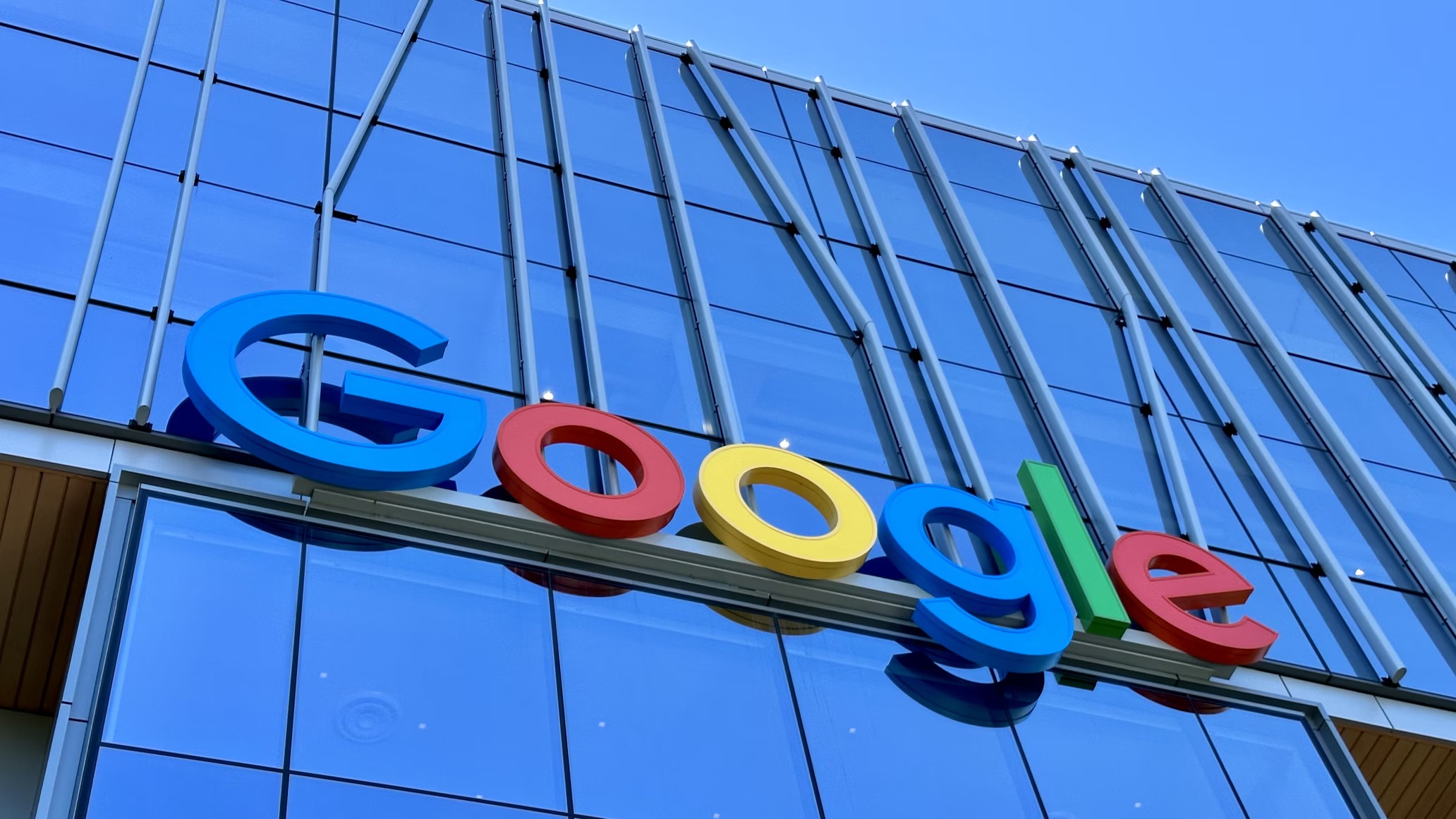
A federal judge is expected to issue a decision soon that could reshape one of Silicon Valley’s most profitable arrangements: Google’s default search contracts. These deals generate over $26 billion annually, with Apple alone receiving $20 billion — nearly a quarter of Alphabet’s operating income.
The U.S. District Court already found Google held a monopoly in search and ads. Remedies are now being considered, with another trial over Google’s ad business beginning next month.
Apple’s Potential Hit
While Google risks losing predictability in its search traffic, analysts warn Apple could suffer a bigger financial blow. Jefferies projects Apple’s pre-tax profits could decline by up to 7% if exclusivity ends.
Apple executives have stressed that Google remains the superior search engine, with Eddy Cue testifying that even Microsoft offering Bing for free wouldn’t justify a switch. CEO Tim Cook has also praised Google’s results.
Economists point out that Google’s dominance is less about payments and more about user behavior. Even in Europe, where regulators forced users to pick search defaults, Google’s share stayed near 90%. Some describe this as a “natural monopoly,” where scale and quality reinforce each other.
Others argue that the payments act as “innovation insurance,” freezing the ecosystem and limiting rivals’ chances to grow. That’s why regulators see curbing exclusivity as vital to spurring competition.
Remedies and Risks
Possible remedies include banning exclusivity, shortening contracts, or even mandating search data-sharing. More extreme ideas, like forcing Google to divest Chrome, are seen by some experts as symbolic rather than effective.
The Department of Justice is also eyeing Google’s AI platform, Gemini, warning that search’s past playbook could repeat in the AI era. Regulators are weighing restrictions on exclusive AI distribution deals as well.
The decision could ripple far beyond search. Analysts note that if Google stops paying Apple $20 billion annually, it could redirect those funds into AI development, particularly Gemini, strengthening its long-term position.
Author’s Opinion
While the headlines focus on search contracts, the real battle is for AI dominance. Google’s deal with Apple may fade, but its investment in Gemini could matter more than default status bars on Safari. If courts push Google away from these payouts, the company will pour that cash into AI and cloud — areas that will define the next decade. In a way, regulators may unintentionally accelerate Google’s advantage in the very market they fear it will dominate next.
Featured image credit: Adarsh Chauhan via Unsplash
For more stories like it, click the +Follow button at the top of this page to follow us.
